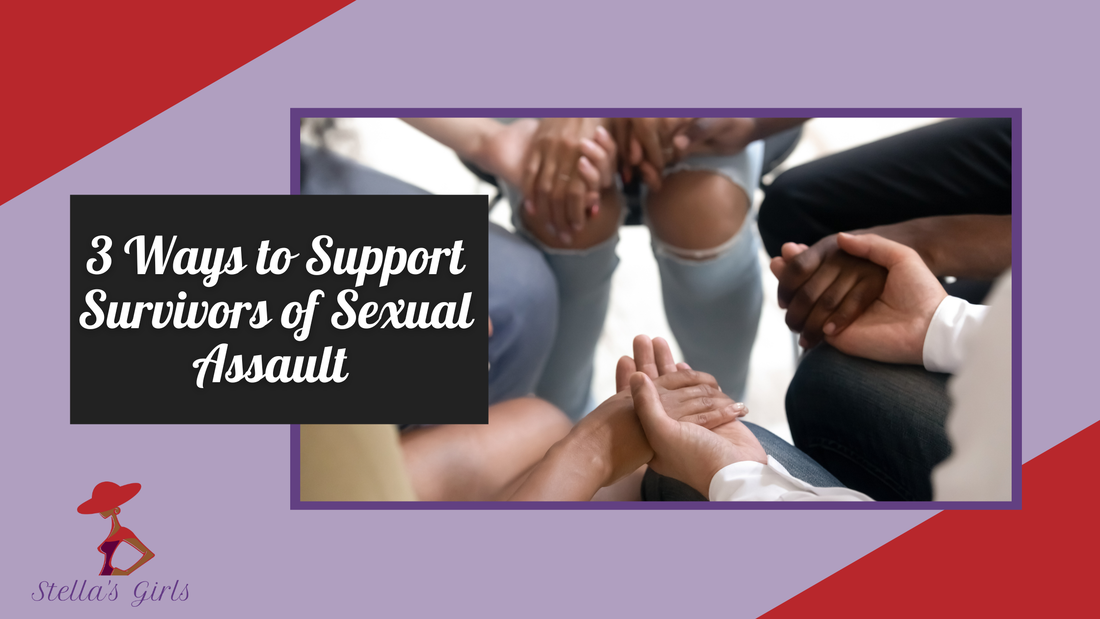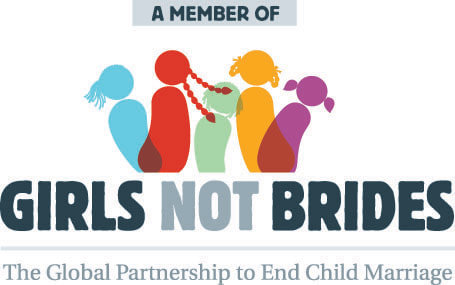|
The increased chances of a close friend, coworker, or relative being sexually assaulted is a harsh reality that has made its way into the forefront of society as women have become empowered to speak up and speak out against their abusers. According to the World Health Organization (WHO), 1 in 3 women are victims of physical and sexual violence. The statistics become even more alarming by subgroups such as women with disabilities, women in the military, and juveniles.
As we enter the month of April, Sexual Assault Awareness Month, understanding what support looks like for survivors is critical during this time. For survivors, this month may be triggering, and for that reason, those offering support should remain empathic to a survivor's reality and journey to recovery. Here are three ways to support survivors in a way that promotes safety and compassion: 1) Listen Not everyone is open to disclosing their sexual abuse, and that's “OK,” but if they are willing to share their story with you- listen. Someone's first time revealing personal, traumatic experiences may not be the best time to offer advice or relatable stories of your own. Instead, simply listening communicates respect and reassures them that they have a voice worth being heard in a safe and welcoming space to share. Listening is a simple action with a significant impact. 2) Ask for Permission to Help The urge to immediately jump in and help someone in pain is a typical human response. Still, it is essential to understand that trauma is a process-one that can only be initiated and guided by the individual who’s experienced it. Therefore, survivors may not be in a space to decide what they need. However, that is not for others to decide for them. Asking for permission to help or how you can help allows them to dictate how they want to be supported. Loss of control is a common emotion resulting from a traumatic event like sexual assault. Granting permission empowers survivors as they begin to reestablish agency over their lives. 3) Respect Privacy and Confidentiality You are probably deemed trustworthy if someone has disclosed their sexual assault experience to you. However, protecting their privacy and confidentiality should not be taken lightly. Be mindful of where and how these conversations take place. Perhaps, allow them to choose the setting. Be sure to limit potential ways that could undermine privacy and confidentiality, such as not using speakerphone or text message and, most importantly, do not share their story. Their courage to share an extremely violent experience requires trust and vulnerability. Remember, it is essential for them to control their narrative and who has access to it. Discussions about sexual assault are emotionally charged topics, especially when there is a close connection to the survivor. Listening, asking for permission, and respecting privacy are just a few ways to cultivate environments that welcome and protect survivors. Providing them with the space and opportunities to lead us through their justice, healing, and resilience journeys can make all the difference in overcoming sexual assault.
0 Comments
Your comment will be posted after it is approved.
Leave a Reply. |
JOIN THE CONVERSATION
|
Subscribe to our Newsletter
for more Stella's Girls info! |
STELLA'S GIRLS, INC., is a tax-exempt public nonprofit
(federal tax ID #81-4402162). All contributions are tax-deductible to the extent allowable by law. No goods or services were provided in exchange for your generous financial donation. Copyright © 2023. All Rights Reserved. |


 RSS Feed
RSS Feed








